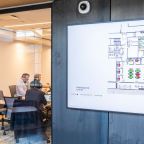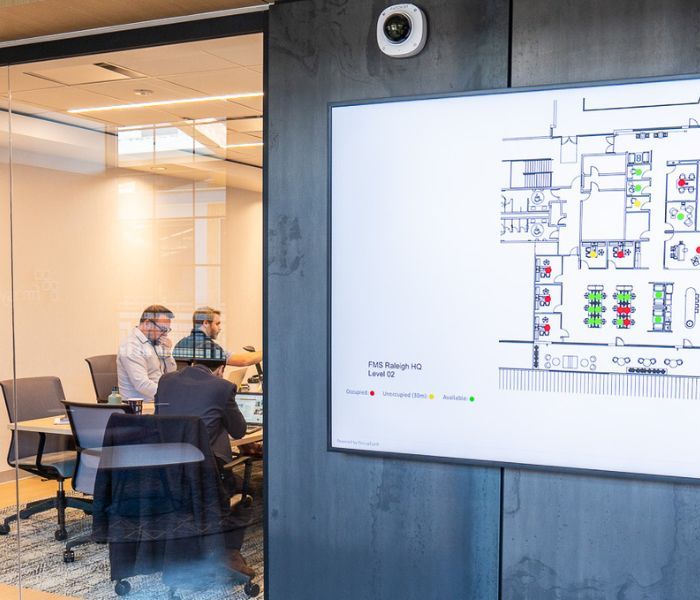Finally, two years after the dramatic lockdown due to Covid and one year after the general availability of vaccines, it seems that we are mostly through Covid. Mask rules have been rescinded, people are gathering socially, hands are being shaken and airplanes and airports are full.
But, as people emerge from their Covid bunkers and consider returning to the office, the world is different. Having experienced the productivity of working remotely and the huge time saved by no commuting, office workers have collectively decided that they do not wish to go back to spending 5/7 of their lives traveling to and working in company office spaces. Hybrid has become the choice du jour, with surveys showing as many as 80% of employees preferring hybrid or remote work arrangements.
All of this portends major changes for the role of a facility manager, particularly those managing office workplaces. As we make this dramatic shift in the workplace, it is useful to think about the reasons that office space has been important. I co-wrote the chapter on the hybrid workplace in the book, Work on the Move 3, recently published by the IFMA Foundation. You can learn more about the book at workonthemove3.org. Here is an excerpt from the hybrid workplace chapter where I cited five reasons why the role of facility managers and the office is still important:
Robust Collaboration
While videoconferencing can prove adequate for routine meetings, some activities need the benefit of high-bandwidth interaction that supports the nuances conveyed with body language and facial expressions. Activities such as product design, brainstorming, strategizing and discussing painful or difficult topics are all done more effectively in live, face-to-face settings.
Innovation from Random Encounters
A recent study of Microsoft employees found that departments were becoming more siloed during remote work necessitated by the pandemic and that team interactions and connections were diminishing. According to senior principal researcher at Microsoft, Dr. Nancy Baym, “When you lose connections, you stop innovating. It’s harder for new ideas to get in and groupthink becomes a serious possibility.”
It will be important for organizations with virtual or hybrid workplaces to consciously find other mechanisms where ideas can be exchanged in an unstructured setting.
Learning and Mentoring
Most jobs require knowledge that goes beyond what can be learned from a book, video or class. This real-world knowledge is most effectively gained in an informal, unstructured environment. This is easy in live settings, but difficult when working remotely.
Company Culture
According to Bradford Bell, professor of strategic human resources at Cornell University, “Company culture is really about the connection that employees have, number one, to a company. Culture is important for signaling what companies value.
The challenge of the virtual workplace and the hybrid workplace is to provide other means to impart this informal, but important, information to employees who are not working in proximity.
Human Connection
Human beings need social interaction for life satisfaction. In his recent book, Together, U.S. Surgeon General Vivek Murthy writes that, “One of our most important sources of connection is the workplace. Given that most of us today spend more of our waking hours on the job than at home and many of us interact more with our colleagues than with our nonwork friends, we need meaningful connection at work to sustain us.”
Although tools such as chat and video conferencing can partially compensate, they do not provide the human connection of face-to-face communication that is provided by an office environment.
Conclusion
The role of facility managers used to be mostly about buildings. In this new post-covid world, facility managers are called on to be stewards of work-life. As organizations make the significant transition to hybrid and remote work, facility managers will play an important role to ensure that employees have productive and fulfilling relationships with their co-workers, their organizations, and their workplaces.
Happy World FM Day!


Michael Schley is the founder of FM:Systems and currently serves on the FM:Systems Board of Directors. He is an IFMA Fellow, served as chair of the IFMA Foundation, and was the co-editor of the recently published book, Work on the Move 3.












